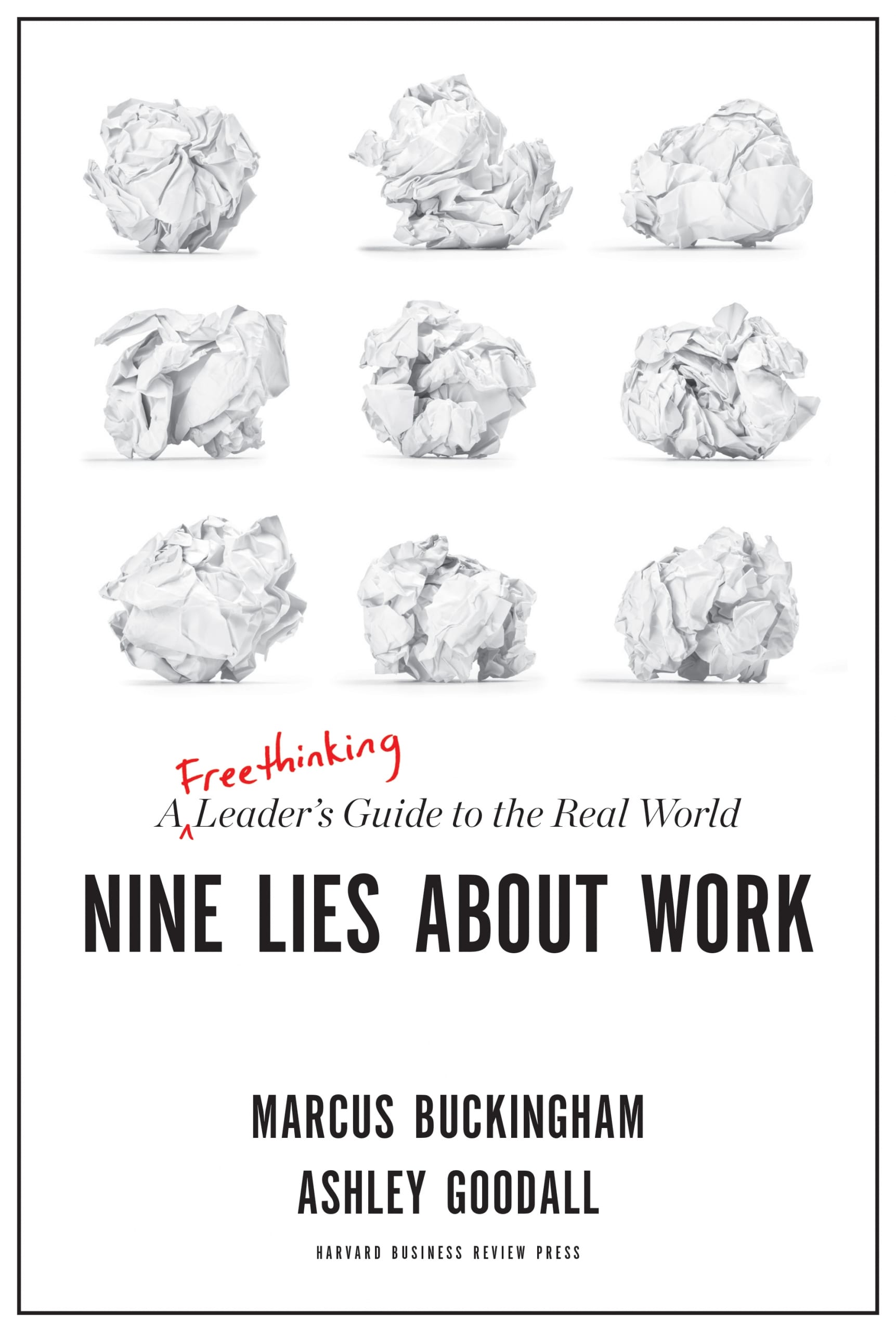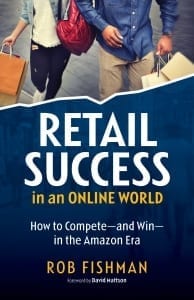How to Start a Business That’ll Succeed: A 10-Point Guide

To set yourself up for success, you need to understand how to develop a strong business model and to avoid the potential pitfalls that could thwart your venture’s growth and profitability.
To kickstart your idea, here are 10 helpful points to help with starting a business that will succeed.
1. Find Your Passion
Never launch a business for the sole reason of making money. If an idea or industry doesn’t light a fire inside of you, then avoid it at all costs.
You will need to dedicate a significant amount of time and energy into building and maintaining a successful enterprise, so it’s critical to love what you do.
It is this passion that will help to push through setbacks, gain in-depth knowledge about the industry, and wake up every morning with the sole aim of growing your brand and acquiring new customers.
2. Gain Experience
A lack of experience could lead to a lack of success in your chosen industry. For example, if you have your heart set on opening your own restaurant, you must gain experience in the food industry.
You’ll need a solid understanding of the level of hard work, passion and commitment required to run a restaurant, as there is more to it than hiring a chef and marketing your venture.
Gaining experience will ultimately provide the tools you need to kickstart a successful restaurant or could prevent you from making a big mistake.
3. Earn a Business Degree
Aspiring entrepreneurs would be wise to earn a business degree, which will provide them with the in-depth knowledge and skills they need to run a small or large company.
There are now several superb degrees budding business owners can choose from. For example, you could embark on a Masters in Business Administration online, which will take 18 months to complete and you can customize the course to suit your needs. You could also study health management, operations management, global leadership, or supply chain & enterprise resource planning. It can prove invaluable for those hoping to start their own business in the near future.
4. Start Your Business While Employed
Don’t quit your day job because you have a great business idea. It could potentially take a long time until your new venture generates a profit.
A part or full-time job will keep money in your pocket while you’re developing your budding brand. Once your business considerably increases its profit margin, you should quit your career to focus on your new company.
5. Start Networking
You don’t need to wait until your business is officially up and running to start networking. Line up potential clients or customers by reaching out to individuals, brands and organizations. For instance, you can form connections via LinkedIn, ask professionals for advice, or attend local networking events or groups to develop strong relationships in your chosen industry.
6. Write a Strong Business Plan
A business plan will provide your new enterprise with a roadmap to success. It will provide your company with a direction, as you’ll need to set objectives, define strategies, and set targets to work towards. It can, therefore, prevent you from sinking your time and money into unnecessary areas of the business.
In addition to providing you with a sense of direction, the business plan can also help you communicate your vision to potential partners or investors, who could be integral to your company’s success.
To write a strong business plan, you’ll need to:
- Perform market research
- Feature detailed information about your marketing strategies
- Identify your target audience
- Determine potential obstacles
- Feature realistic goals
7. Turn to the Professionals
The prospect of performing every internal task yourself might seem a little daunting, which is why you’ll be happy to know you don’t need to go it alone when running a new business. For example, unless you have experience in bookkeeping or accounting, you could outsource a professional accountant or bookkeeper, who could save you more money than they could cost you.
You also must not cut corners when writing contracts either, which could lead to potential legal and financial issues in the future. If you don’t have a law degree, hire a lawyer to write up a contract for you. Never perform tasks you’re not qualified to do, as it could lead to your company’s downfall.
8. A Financial Investment
Think carefully about how you will fund your business. If you don’t have money in a savings account to rely on, don’t expect to walk into a bank to secure a loan, as most traditional lenders don’t like new ideas.
They also are often only willing to work with entrepreneurs with a proven track record in business.
Rather than skimping on different areas of your business, which can inhibit your growth and damage your brand, you should consider the following financial options:
- Approaching potential investors
- Saving money out of your own pocket
- Crowdfunding
- A business loan from a lender or loved one
- Refer to your business plan to estimate exactly how much money you’ll need to get your new business off the ground.
9. Develop a Cohesive Brand Identity
Mixed messages, different color schemes and varying tones of voice can lead to a confusing brand, which will indicate a lack of professionalism and attention to detail.
Your website, social media profiles, brochures, flyers and print ads should feature a consistent voice and message, which will help you to develop a standout brand that will convince your target audience to become a customer.
10. Choose Your Team Wisely
When the time comes for you to hire your first employees, you must ensure you build your team wisely. Not only must they have the appropriate skills and qualifications for a role, but they also should have a positive, hard-working attitude and their personality should complement your desired company culture.
As a result, you can create a strong, productive and passionate team, who will help your brand to grow from strength to strength throughout the years.

 Growing a business isn’t simple. To begin with, you want a workable idea. From that point, you have to find a lucrative market, specify a target market and also have something worth selling them. And without the Ideal marketing approaches to fuel your development, screaming a profit and remaining afloat is virtually impossible.
Growing a business isn’t simple. To begin with, you want a workable idea. From that point, you have to find a lucrative market, specify a target market and also have something worth selling them. And without the Ideal marketing approaches to fuel your development, screaming a profit and remaining afloat is virtually impossible. Is it more engaging to be a full-time worker, a part-time worker, a virtual worker, or a gig worker?
Is it more engaging to be a full-time worker, a part-time worker, a virtual worker, or a gig worker? Marcus Buckingham is a bestselling author and global researcher focusing on all aspects of people and performance at work. During his years at the Gallup Organization, he worked with Dr. Donald O. Clifton to develop the StrengthsFinder program, and coauthored the seminal business books
Marcus Buckingham is a bestselling author and global researcher focusing on all aspects of people and performance at work. During his years at the Gallup Organization, he worked with Dr. Donald O. Clifton to develop the StrengthsFinder program, and coauthored the seminal business books  Ashley Goodall is the Senior Vice President of Leadership and Team Intelligence at Cisco Systems. In this role, he built a new organization focused entirely on serving teams and team leaders – an organization combining learning and talent management, people planning, organizational design, executive talent and succession planning, coaching, assessment, team development, research and analytics, and performance technology. Prior to joining Cisco, he spent fourteen years at Deloitte, where he was responsible for Leader Development and Performance Management
Ashley Goodall is the Senior Vice President of Leadership and Team Intelligence at Cisco Systems. In this role, he built a new organization focused entirely on serving teams and team leaders – an organization combining learning and talent management, people planning, organizational design, executive talent and succession planning, coaching, assessment, team development, research and analytics, and performance technology. Prior to joining Cisco, he spent fourteen years at Deloitte, where he was responsible for Leader Development and Performance Management

